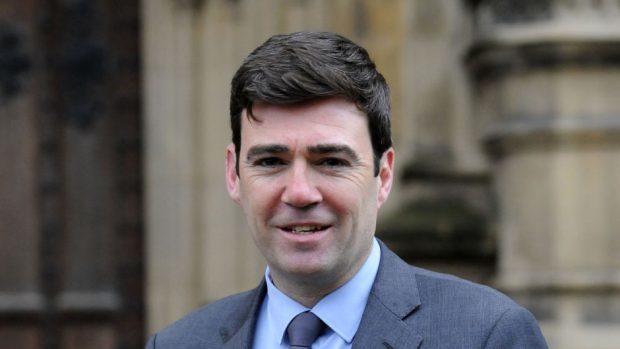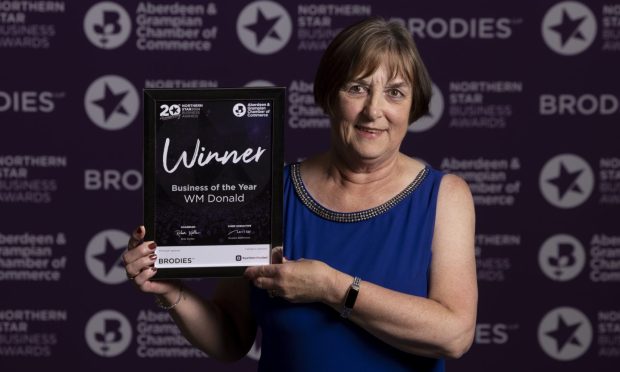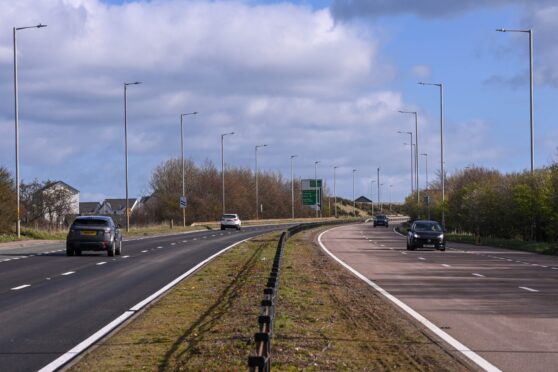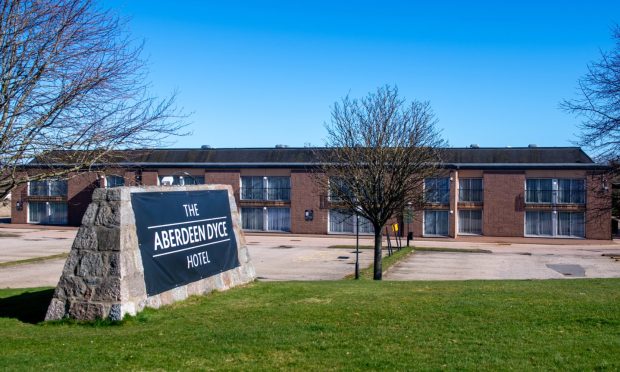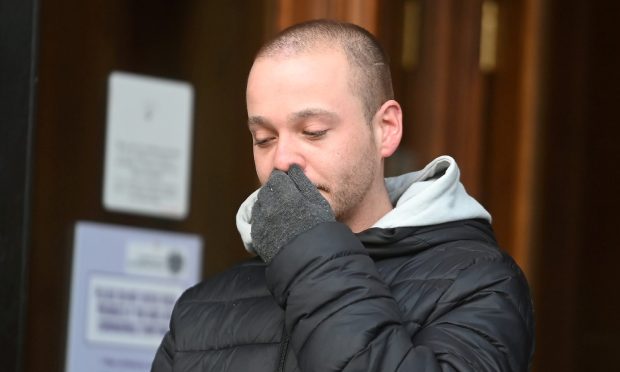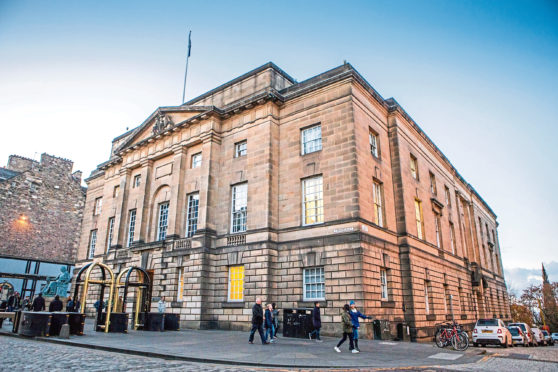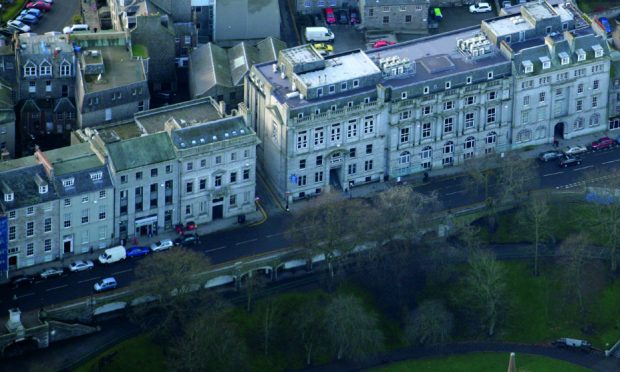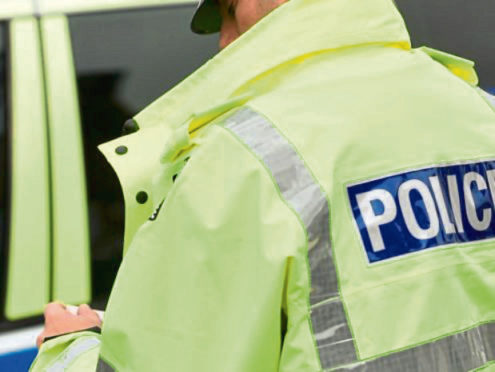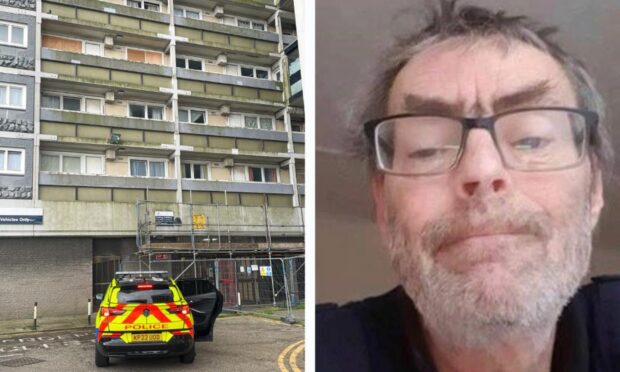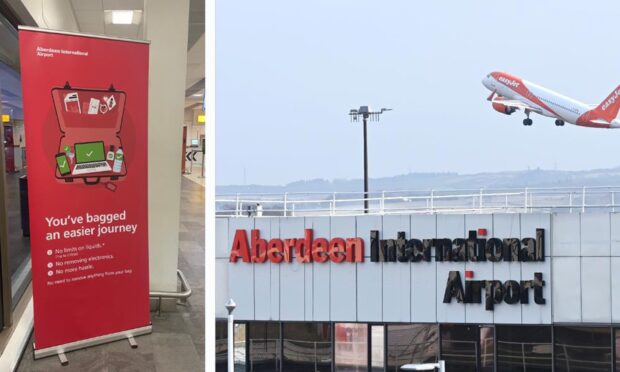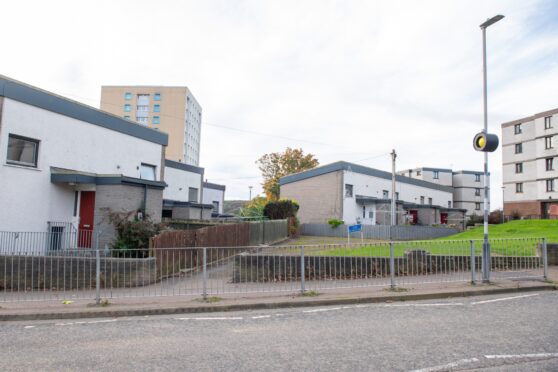The first mayor of Manchester has explained how having certain powers devolved to the local level has helped his city blossom, and leaders in Aberdeen are eager to secure a similar deal.
This week the Press and Journal has examined how council chiefs in Aberdeen have taken inspiration from Manchester in shaping a £1 billion masterplan for the regeneration of the city centre, and could follow the English city’s example in developing a new image as something more than an oil capital.
But another area where the north-east authority is keen to emulate the success of Manchester is in wresting power away from the Scottish Government over certain local matters.
Aberdeen City Council’s ruling Conservative, Aberdeen Labour and independent alliance believe the community would benefit from local leaders assuming more control.
Most recently, they have called for the power to set business rates to be devolved to the local level, following complaints that firms in the city – which have already been hammered by the oil and gas downturn – were being unfairly taxed.
While that may seem like a pipe dream, Manchester’s journey to that point has given civic leaders north of the border some hope.
In 2014, the idea of an elected mayor for the Greater Manchester region was floated – with the successful candidate having similar control to London’s mayor over the likes of emergency services, housing, transport and infrastructure.
By 2017 the region had carried out the election and appointed Labour high-flyer Andy Burnham to the postion.
Mr Burnham told the P&J that smaller scale devolution led to more connection between citizens and institutions, in his experience.
He said: “The Commonwealth Games in 2002 was a big catalyst for regenerating the city, and the media city in Salford has also spread that out.
“By having devolution we have been able to get a level of certainty, and I think our devolution is a bit different from national devolution you get in Scotland or wales.
“On the city region level, things can be kept more local and there isn’t the distance that people maybe feel from governments in Cardiff or Edinburgh.”
Other areas where Aberdeen City Council would like more autonomy are in taking over buses and offering lower prices to encourage a higher uptake of public transport and the creation of a “tourist tax” of £1 a night on hotel stays to fund infrastructure improvements.
Leaders also want control over Airport Departure Tax (ADP) so the council could make more cash off from the Dyce facility, and demand the power to set the level of parking fines.
Council co-leader, Jenny Laing, said: “I do think we have a strong case for the devolving of powers to a more local level.
“I think there is a feeling in Scotland that, because we have a devolved government, people think that there is a closer relationship with the people.
“But what we have seen is actually that the Scottish government has been pulling powers away from local government and local institutions.
“On a national level, we have seen this with the police and fire service and that applies to councils as well – some things that might work in the rest of the country won’t apply so well to the north-east.”
